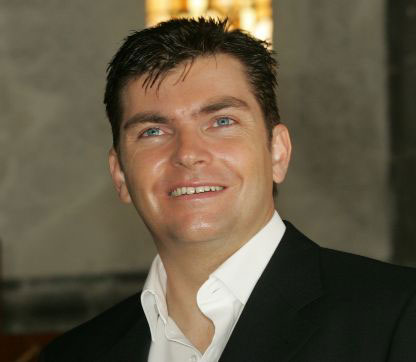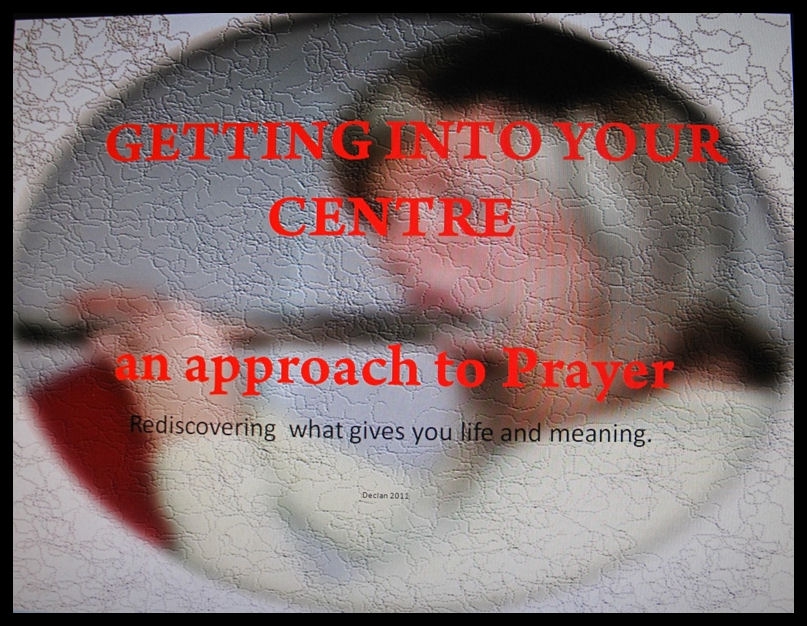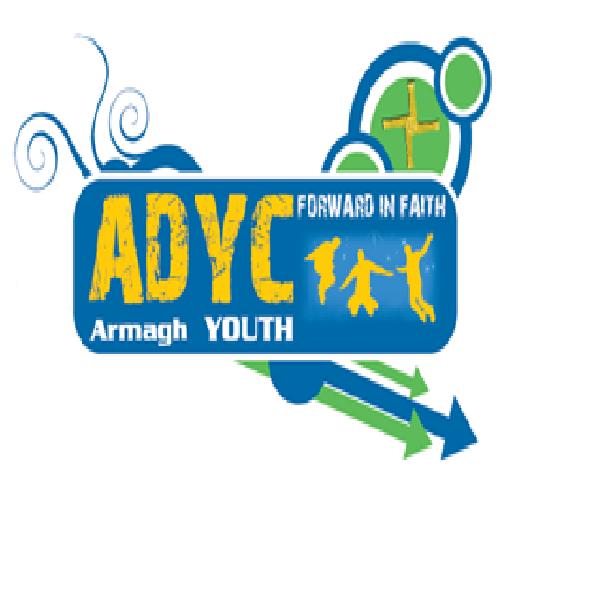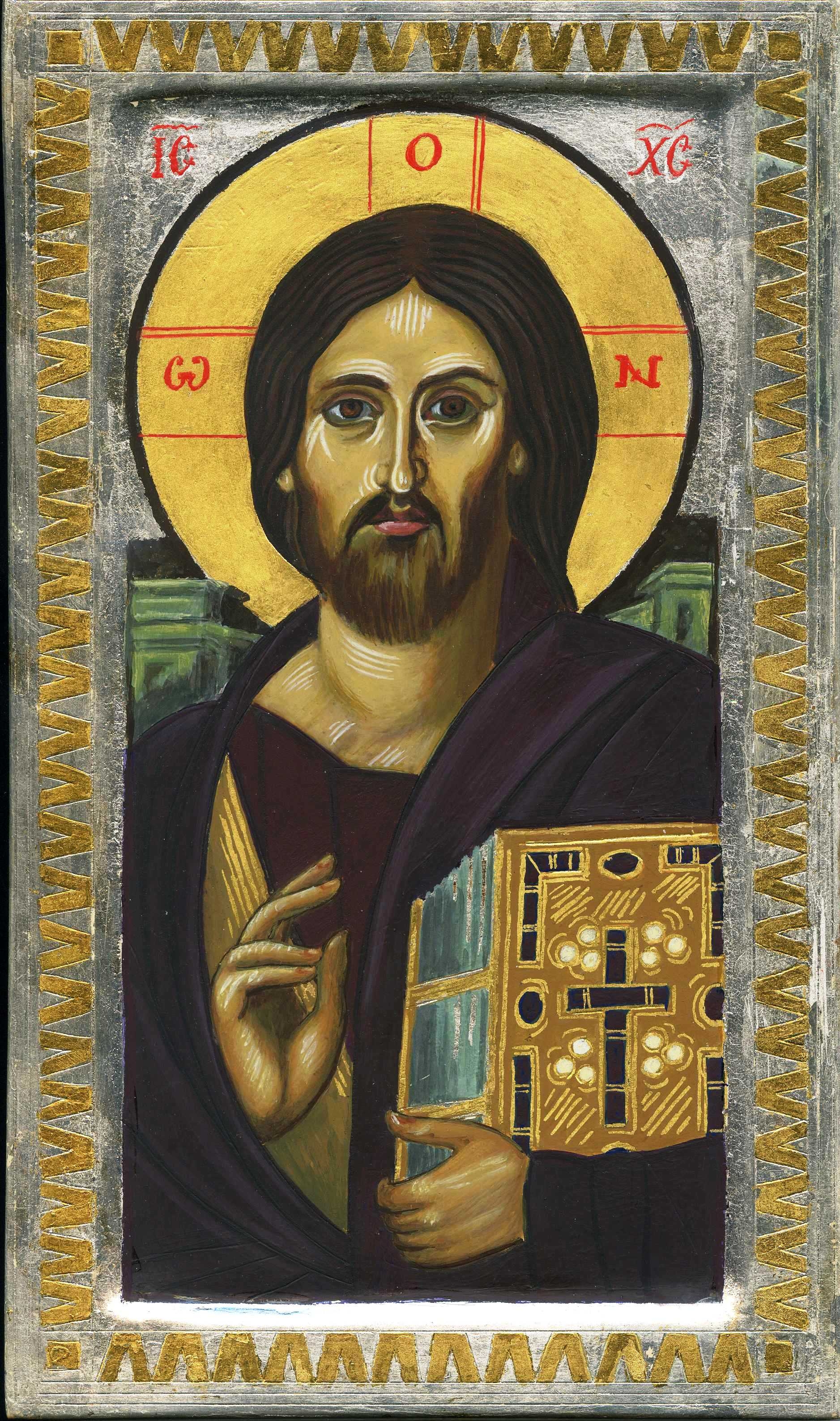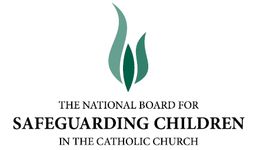HOMILY OF CARDINAL SEÁN BRADY
ARCHBISHOP OF ARMAGH
AT THE 31ST ANNIVERSARY MASS
FOR FRANK DUFF, LEGION OF MARY
PRO-CATHEDRAL, DUBLIN
19 NOVEMBER 2011
“As Frank Duff reminds us, it was Christ Himself who chose to build that Church on the rock of Peter’s faith. And Christ does not contradict Himself or the truths he has entrusted to us. As Catholics, the bonds which unite us to the See of Peter are very ancient and precious, very precious, … those bonds are to be preserved and strengthened as an integral part of our beliefs” – Cardinal Brady
My sisters and brothers in Jesus Christ, Members of the Legion of Mary and guests –
In 1987 the Holy See issued a collection of 46 Mass texts in honour of Our Lady. For this 31st anniversary Mass in commemoration of the Servant of God, Frank Duff, the text of the Mass, honouring Mary as Mother of Divine Hope, has been chosen. The choice is timely. The Opening Prayer speaks of those for whom life is a burden. Just now life is a heavy burden for many people in this country. The burden can be one of many different kinds: it can be due to ill-health; unemployment; worry; fear; guilt or shame.
The prayer also speaks of those who despair of salvation. When the outlook is bleak and prospects are gloomy there is always the temptation to despair. To conquer that temptation, the Church – the Body of Christ – knows that it has the duty and the power to bring the compassionate love of Christ. To do so it turns confidently to Mary – hope of God’s people. It does so because it is well known that Mary comes to help those who have no hope.
We have seen her do so just now in the Gospel. The newly-wed couple of Cana were in a desperate situation – a wedding without wine would be a source of shame for many a year. But Mary, the ever vigilant, ever alert mother was on the ball – she saw the problem coming down the tracks. She knew what to do and she did it. The rest is history.
I am sure those newly-weds really did find their hearts warmed and uplifted as ever since, billions of people have found their hearts warmed and uplifted when they turned to Mary in their hour of need.
In life Mary placed all her trust in the Lord. When she was taken up, body and soul into the glory of heaven, she became the Hope of God’s people. She remains a Beacon of Hope. I like the image of the beacon. It connotes light in times of darkness; guidance in times of confusion. A beacon is a light, set on a hill or built in the sea – like a lighthouse. It guides the ships to safety – into the harbour – especially in the darkness of the night or in the turbulence of a storm.
“Do whatever he tells you” – these calm, reassuring words of Mary are indeed a beacon of unfailing hope for all ages. They are indeed the Lighthouse – given to us by the Star of the Sea par excellence.
It was part of the genius of Frank Duff that he understood all of this so well. Yes, Mary comes to the help of all who have no hope but now Mary has no feet to come to the help of any – except the feet of those who love her or put their trust in her in a very special way. Yes, those for whom life is a burden right now will find, in Mary, consolation and strength. But Mary needs helpers who will speak those words of consolation on her behalf.
I read recently of Legion members visiting cancer patients in the hospital wards of this city in the early days of the Legion. Frank Duff knew well that Mary is a Sister to all the children of Adam – as they raise their eyes to her. But the poor children of Adam often need to be reminded and helped to turn to Mary in order to find, in her, the sure sign of Hope and Comfort, as the Preface of this Mass puts it.
Cardinal Suenens of Belgium was once asked why he loved the Legion of Mary in ‘such a special way’. In reply he invited members to meditate on the Gospel we have just proclaimed. ‘I want you to use your imagination’, he said, ‘to think about all the possibilities of work that might be done, in a way just like that of our Blessed Lady in Cana. There she first of all saw that something was missing. Then, very humbly, she asked her Son to work his first miracle. So we need a sort of special grace of life, the grace of the imagination to see the needs of souls just the way they are. I pray that you will have that imagination.’
Today the Legion continues to enjoy the grace of seeing the needs of souls just the way they are, in almost every country of the world.
With over ten million active and auxiliary members across the world you represent the largest apostolic organisation of lay people in the Catholic Church. In so many respects, you are an outstanding exemplar of the Second Vatican Council’s vision for the vocation and mission of the lay faithful in the Church.
It is clear Frank Duff was blessed – to a remarkable degree – with a prophetic understanding of what the Council would later decree as the proper vocation and mission of lay persons in the Church.
Only five years before the Council, Frank Duff penned his short and compelling book, ‘Can we be Saints?’ He poses the simple question, ‘Who can be saints?’ His answer is straightforward: ‘Every person who is born is called to be a saint!’ With his characteristic straightforwardness, Frank went on to say, ‘Take it as most certain that you – no matter how unfitted your life may seem for holiness – are being given graces sufficient, if corresponded with, to bring you to sanctity.’ What a joy and a source of hope to hear words like that.
We are all given enough graces to become saints.
What is also striking is Frank Duff’s clarity over the mutual but distinct roles of priests and laity. Frank had a profound regard for the priesthood, not out of human respect but from his deep appreciation that his vocation as a lay person was distinct, but inseparable, from the vocation of the priest, and vice-versa. In the words of Fr Bede McGregor OP, ‘Together he saw them as the divinely planned way of the most authentic and effective evangelisation.’
It is true that in baptism all the faithful share in the priestly,
prophetic and kingly ministry of Christ. The essential vocation of
the lay person is ‘to seek the kingdom of God by engaging in temporal affairs and by ordering them according to the plan of God.’ Even before the Council, Frank Duff was very clear about this distinction.
As Fr McGregor explains, ‘Frank Duff maintained that the Legion proposes a way of life more than just the doing of a particular work… They must bring their Legion formation into their daily lives whether it be in the world of politics, finance, art, culture, trade unions, factory, business, teaching or nursing or whatever their particular way of life: The Legion’s purpose is to help its members and all those in contact with them to live out their Christian vocation to the full.
That vocation has its source in Baptism.’
Blessed Pope John Paul II re-echoed this theme when he visited Ireland. Speaking in Limerick he said: “The great forces which shape the world – politics, the mass media, science and technology, culture, education, industry and work are precisely areas where lay people are especially competent to exercise their mission… If these forces are guided by people who are true disciples of Christ and who are at the same time fully competent in the relevant secular knowledge and skill, then the world will be transformed from within by Christ’s redeeming power.’
This remains an urgent challenge for the Church in Ireland. Frank Duff and the Legion have shown us the way. This is only one of the reasons why we can say that the Legion of Mary has been a wonderful gift of God’s providence to the Church in Ireland and throughout the world over the last 90 years. Frank Duff was moved to found the Legion as a sign of Mary’s motherly love for the Church and for the world. We need her motherly wisdom, guidance and care today, now more than ever before.
Mind you, it is worth recalling that the Legion of Mary was founded in an Ireland that was divided in the wake of a bloody civil war. The Legion soon became an outstanding instrument of harmony and unity, enlisting people into the work of announcing the Good News of Jesus Christ to the world. Of course it was only one of the many movements that arose in the last century. That century was foretold, by some insightful people, to be an era when the Church would reawaken in people. That prophecy was fulfilled with the foundation of a whole host of new movements in the Church.
There are more than 100 new movements in the Church today. The Legion of Mary and Schoenstatt are the only ones who had their origins in the first half of the 20th Century. So the Legion was one of the first and one of the greatest, a further affirmation of Frank Duff’s ability to read the signs of the times. These movements did not appear on the horizon, totally out of the blue. The previous century saw many changes that challenged the Church to deepen its understanding of itself and to clarify its identity and mission in the world.
Catholic action grew. It included a multitude of apostolic initiatives undertaken by lay people and taking on different forms.
Ireland did not have a Catholic Action Movement, but it did have Frank Duff and the Legion. Under the inspiration of the Holy Spirit, Catholic action was expressed under the form of the Legion.
We are once again in a time of great challenge for the Church here in Ireland, a time for renewing. As Pope John Paul II said at Knock in 1979, the task of renewal in Christ is never finished but renewal is always a fundamentally interior and spiritual conversion. This leads us immediately to the primacy of grace and the centrality of prayer.
It means becoming more attentive to the presence of God and his abiding presence within us and within His body, the Church.
The task of renewal will involve many practical initiatives. At its heart it will involve a deep listening – to the Holy Spirit in God’s Word, in Sacred Tradition and in the authentic teaching office of the Church – and to each other, in a spirit of genuine discernment.
The Church has faced such challenges before. It would be easy to become discouraged. Yet we can take great heart from something Servant of God, Frank Duff. Great men (and women) in every age,’ he says, ‘have endeavoured to pick holes in the doctrine of the Church, and they and their philosophies have gone, while the Church lives on.’
Then he goes on: ‘Read the promise of Our Lord: “Upon this Rock I will build My Church . . . and the gates of Hell shall not prevail against it. Then hear the words of Lord Macaulay, and see how that promise stands after nineteen centuries: “When we reflect on the tremendous assaults which the Catholic Church has survived, we find it difficult to conceive in what way she is to perish.”
However, there is no room for complacency. We cannot hide our talents in the ground or shun the crosses that we are invited to share. The Church is always in need of reform and we must constantly discern and deliver what that reform entails. But one thing is certain – the Church is the Church of Jesus Christ. It is not my Church or your Church. It is not merely a human institution. In fact, it is not primarily an institution, but a community of those who follow Jesus Christ.
As Frank Duff reminds us, it was Christ himself who chose to build that Church on the rock of Peter’s faith. And Christ does not contradict himself or the truths he has entrusted to us. As Catholics, the bonds which unite us to the See of Peter are very ancient and precious, very precious. Those bonds unite us to the Vicar of Christ on Earth who was given the task of confirming the faith of his brothers and sisters. They unite us, through Peter, with all those who believe in Christ. For these reasons, those bonds are to be preserved and strengthened as an integral part of our beliefs.
It is also important that we try to understand those who seek renewal outside the tradition of the Church. To speak of an independent Celtic Catholic Church however is a contradiction in terms. If we have learnt anything from our history surely it is that God draws towards unity not division. The successor of St Peter and his authority are a service to that unity.
Pope John Paul II and Pope Benedict XVI have called us to build the renewal of the Church on solid bases. The bases on which all those saints and servants of God have renewed the Church down through the ages – a radical re-engagement with the fundamentals of our faith – by what Pope Benedict and his predecessor have called the New Evangelisation.
As you celebrate 90 years of the Legion of Mary, my hope for each of you is that you will become courageous heralds of this New Evangelisation. At the Synod of Bishops in 2008 on the Word of God in the life and mission of the Church, the Holy Father and the Bishops ‘recognised with gratitude that the ecclesial movements and new communities are a great force for evangelisation in our time and an incentive to the development of new ways of proclaiming the Gospel.’
I take this opportunity, on behalf of the Church in Ireland, to thank you and to commend you, the members of the largest international association of Catholic lay people in the world, founded by an Irish man, for all the witness you give and all the good works that you do.
We set out on a new millennium. There are many reasons for our joy and for our hope. As we look forward to the blessings and inspiration that we will receive from the International Eucharistic Congress next June, can I encourage you to promote awareness of the Congress and to consider registering online to be a part of this historic event.
Most of all, in the words of Servant of God, Frank Duff, can I ask you to pray, pray, pray! ‘For without prayer we will miss the greatest force in the world – that personal love for Jesus, which looks for no reward, laughs at death, makes sacrifice delightful, and holiness easy.’
Amen.



